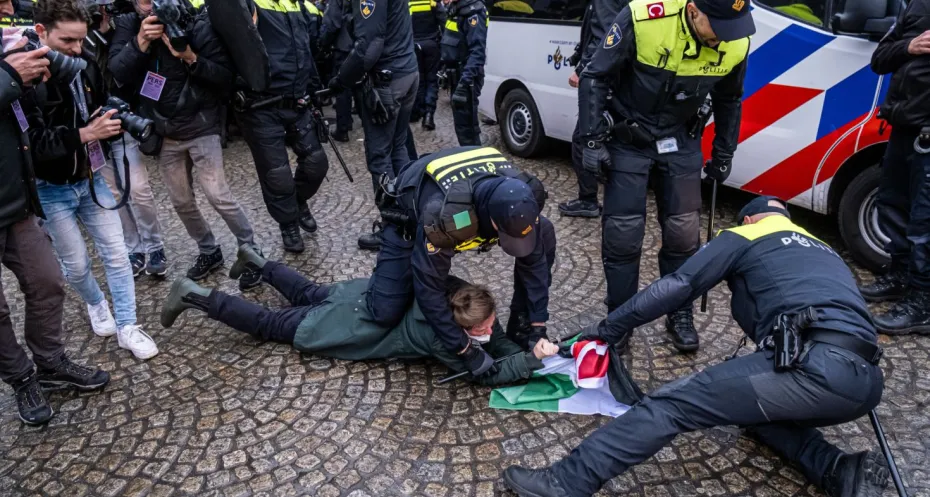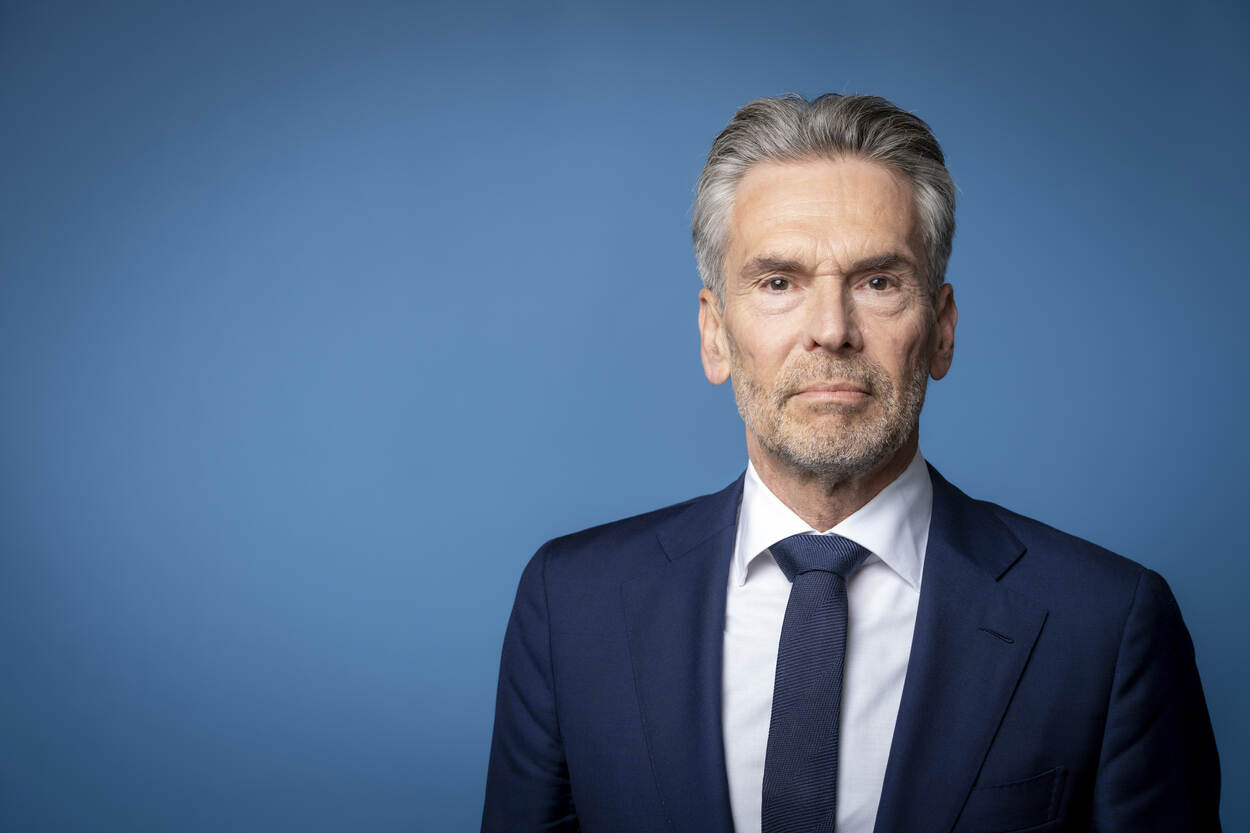The role of the media during the riots: facts vs frames

News of the riots following the Ajax-Maccabi Tel Aviv match in Amsterdam spread rapidly, becoming the focal point of reactions from various groups: populist politicians, Israeli government representatives, and international media all pounced on the story. The initial frame suggested a “hunt for Jews” and “pogroms” by "youths with a migration background." This framing was immediately picked up by certain politicians and commentators, further intensifying the debate and increasing tensions. But what were the actual facts, and what role did the media play in reporting these events?
It’s undeniable that both sides were violent. However, testimony from various sources, including photographer Annet de Graaf and reports from young YouTuber Bender, show a more complex story. The facts indicate that both groups - the Amsterdam rioters as well as Maccabi fans - contributed to the escalation of the conflict. Reports surfaced of violent behaviour and anti-Semitic violence, yet there were also accounts of provocative and violent chants by Maccabi supporters targeting Palestinians, including shocking statements about dead Palestinian children in Gaza. Moreover, they were seen pulling wooden slats from pallets and stealing pipes from scaffolding to use as weapons.
Complexity of the context
The way facts were presented reveals that not all media were equally diligent in their reporting. Many major news outlets quickly embraced the frame that Jewish supporters were victims of Islamic youth and anti-Semitism. Only as more journalists, like De Graaf, released their own eyewitness accounts, did the complexity of the context become clearer. De Graaf published pictures of Maccabi supporters molesting passers-by in Amsterdam, but various media outlets suggested the exact opposite was seen in the pictures. This was rectified only after she protested against this framing.
Frames and associations play a major role in shaping public perception, and in this case, the original frame reinforced the stereotype of “Muslim youths” as a threat to Dutch society and Jewish communities. Politicians and international voices seized this frame to support broader agendas, including anti-Palestinian and anti-Islamic sentiments, leaving little room for nuance.
Framing
Moreover, this framing was reinforced by Prime Minister Schoof during a press conference, even before the Amsterdam triad (major Femke Halsema, the Public Prosecution Service and the police), had presented a factual overview. His conclusion was that "groups of youths with a migration background on scooters were chasing Jews." At the same time, he admitted he had no idea of the size of the group, yet still concluded that this was an "integration issue" requiring "strict measures," not ruling out the possibility of revoking Dutch nationality. The only nuance he offered was that “we have to continue living together,” thus stating that conversations with Islamic organisations should also take place.

This framing brings significant risks:
1. Intensification of societal polarisation: By reporting in a one-sided way, the media and politicians heightened hostility and polarisation, particularly between religious and ethnic groups.
2. Failure to show the true complexity: By adhering to a black-and-white narrative, the role of Maccabi supporters remained obscured. This group chanted hateful and violent slogans against Palestinians during the match, which also had an escalating effect. Omitting this perspective left an incomplete picture of what happened that evening.
Stick to the facts
In a time when emotions run high and framing can have a powerful impact, it is essential that the media rely on facts and show all sides of a story. Independent and unbiased journalism is possible, even in tense situations. In cases where multiple groups are involved in a conflict, it is crucial to prioritise facts over interpretation. Media must take their societal responsibility very seriously in this regard.
The events of the past days should prompt the media to reflect on their role. When journalists put facts first, they can help to reduce rather than inflame polarisation.
Free Press Unlimited firmly believes that independent reporting can help combat disinformation, reduce polarisation, and channel societal tensions. The tendency to hastily draw conclusions and present frames as truth is a dangerous trend. Media have a duty to consider “Stick to the Facts” not only as a motto but as a fundamental principle.
